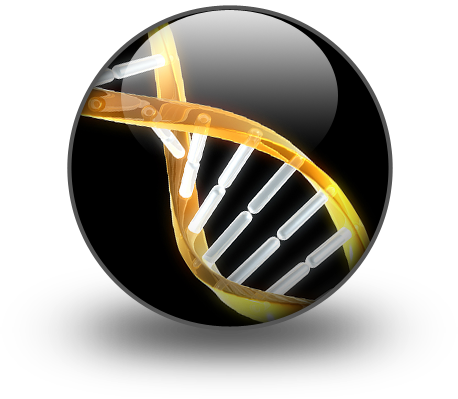Did you realize that each food we eat can either turn on a gene or keep it switched off? This is important because our genes are responsible for our physical (and mental) characteristics, our susceptibility to disease and more. The study of how nutrients influence and modify gene expression is called nutrigenomics. This field of science discovered that even though we all need each of the essential nutrients, some of us need certain ones in larger quantities than do other individuals.
 The research presented by Jeffrey Bland, PhD first introduced me to the subject of modifying gene expression with nutrients (see his book: Genetic Nutritioneering, McGraw-Hill Publishing 1999). In my nutritional practice, I provide customized nutritional recommendations that involve specialized selection of each form of vitamin and mineral. For instance, if you have a family history of cancer, I will suggest no ordinary multivitamin as health insurance. Each of us has unique needs based on health history, family history, stress exposures, diet and lifestyle that will influence nutritional requirements.
The research presented by Jeffrey Bland, PhD first introduced me to the subject of modifying gene expression with nutrients (see his book: Genetic Nutritioneering, McGraw-Hill Publishing 1999). In my nutritional practice, I provide customized nutritional recommendations that involve specialized selection of each form of vitamin and mineral. For instance, if you have a family history of cancer, I will suggest no ordinary multivitamin as health insurance. Each of us has unique needs based on health history, family history, stress exposures, diet and lifestyle that will influence nutritional requirements.
For instance, folic acid is essential to each one of us because it regulates cell growth and division. It is also one of three vitamins associated with a decrease in the heart-attack risk-associated amino acid, homocysteine. Even though folic acid is present in the common green leafy vegetables we eat, studies have shown that about one third of Americans cannot transform dietary folic acid into its biologically active form, 5-methyltetrahydrofolate (5-MTHF) due to genetic variations in this ability. This is intriguing because cancers of the colon and breast are also associated with suboptimal 5-MTHF status. So is the precancerous condition called cervical dysplasia (imagine if, instead of a vaccine, young girls simply took this active form of folic acid as prevention of this risk factor for cervical cancer! They would not be risking what have been reported as sometimes fatal side effects of the vaccine.)
By the way, if you don’t know your 5-MTHF or homocysteine status, you can ask your doctor for these blood tests. Here in Ontario, you will pay out-of-pocket for them (they are not covered by OHIP, yet). However, this is very valuable nutritional testing that will determine if you are among the 30% of the population that needs to take extra folic acid, and in 5-MTHF form. It could make the difference to your longevity.
I believe in the education of health professionals and the public about the role of genetic variation and dietary response and the role of nutrients in gene expression. Together, we need to encourage further development of programs for genetics and nutrition in university departments of nutrition and genetics, and in schools of public health and medicine.
Does your B complex or multivitamin supplement contain biologically active folic acid—5-MTHF?
